Speaker
Description
In 2012, the ATLAS and CMS experiments at CERN’s Large Hadron Collider discovered the Higgs boson. The Higgs field, which permeates the universe, is responsible for generating particle masses due to its unique feature, the so-called Higgs potential. The Higgs potential is closely related to some of the most fundamental questions in physics, including the origins and ultimate destiny of the universe. Its exploration could shed light on elusive phenomena such as cosmic inflation, dark matter, and dark energy. However, the precise form of the Higgs potential remains elusive and only loosely constrained by current experiments. Its shape is directly tied to the self-interaction strength of Higgs bosons, making the observation of Higgs boson pair production a pivotal test of both the existence and the structure of the potential. A historical perspective on the physics of single and double Higgs bosons will be presented, with an emphasis on future prospects. Particular focus will be given to the ultimate capabilities of the High-Luminosity LHC (HL-LHC) program, as well as a comparative evaluation of potential next-generation accelerators.

